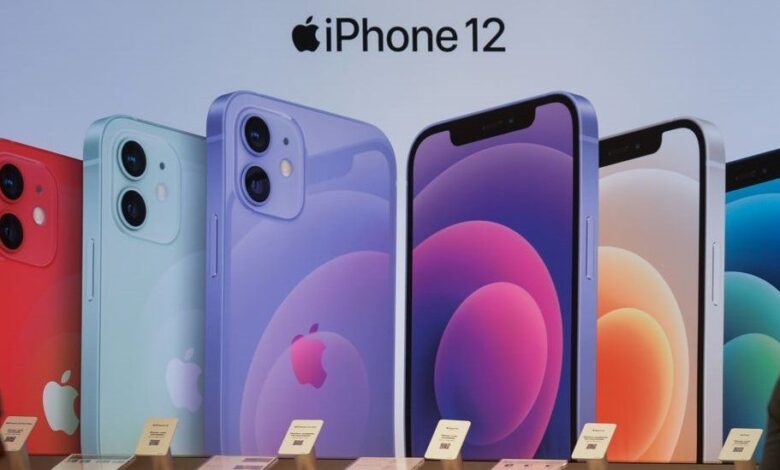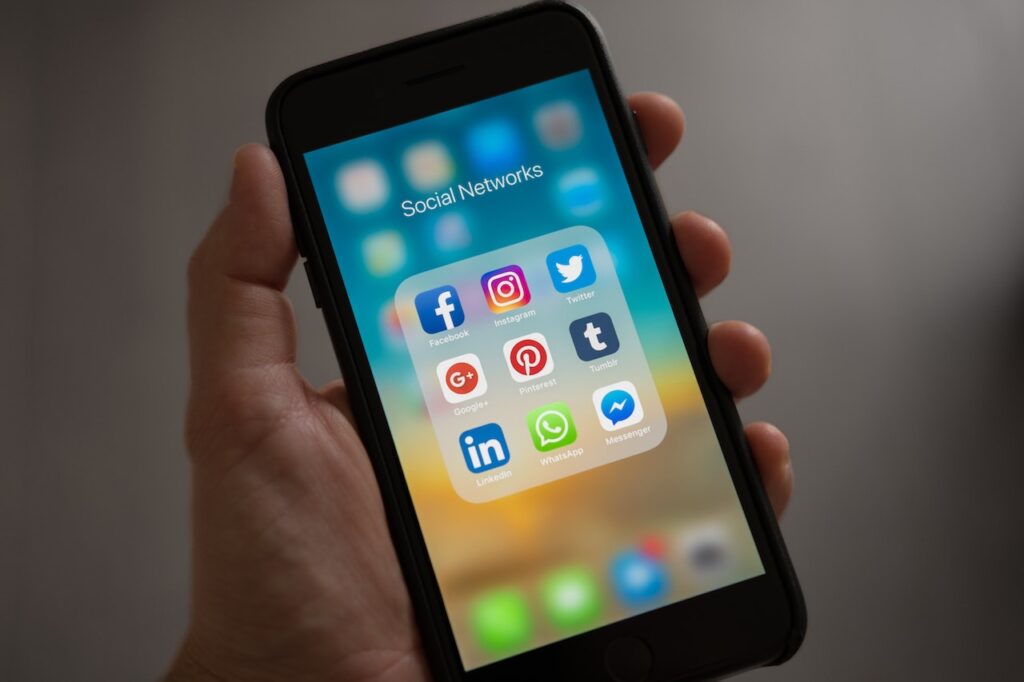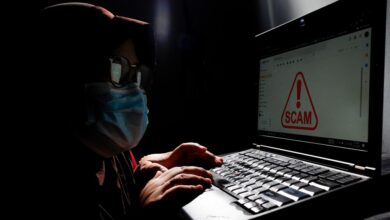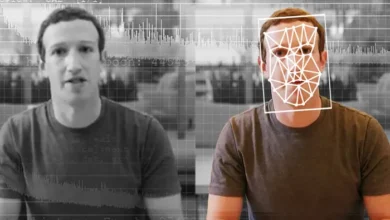France bans iPhone 12 sales over radiation concerns
Regulators and Apple Clash Over Electromagnetic Emissions

French regulators have taken action against Apple, ordering the tech giant to stop selling the iPhone 12 in the country. The reason behind this decision is their claim that the iPhone 12 emits levels of electromagnetic radiation that exceed European Union standards for exposure. According to the French agency responsible for this decision, the iPhone 12 failed one of the two tests related to electromagnetic waves that could be absorbed by the human body.
Apple Disputes Findings
Apple has contested these findings, asserting that their device complies with all necessary regulations. The iPhone 12 was released in 2020 and had previously met the required standards. However, during the agency’s most recent round of testing, it failed to meet these criteria.
Why France is Concerned About the iPhone 12
France’s digital minister, Jean-Noël Barrot, explained that despite the iPhone 12’s radiation levels being above EU standards, they are still below the levels that scientific studies suggest could harm users. The National Frequency Agency (NFA), responsible for conducting the tests, also acknowledged that these tests may not accurately represent how people typically use their smartphones.

Despite this, the NFA has urged Apple to take swift action to address this issue in already-sold iPhone 12 models. They have also pledged to closely monitor any future device updates. If these measures fail to resolve the problem, the agency warned that Apple might have to recall the phones that have already been sold.
Electromagnetic Radiation Levels
The agency’s tests involved 141 different mobile phones, and their findings showed that when the iPhone 12 is held in hand or carried in a pocket, its level of electromagnetic energy absorption measures 5.74 watts per kilogram. This reading surpasses the EU standard of 4 watts per kilogram. However, it’s important to note that the iPhone 12 did pass a separate test for radiation levels when the device was kept inside a jacket or bag.
Apple’s Defense
Apple has defended the safety of the iPhone 12, asserting that it has received certification from various international agencies. The company claims to have provided the French agency with numerous test results, both conducted by Apple itself and by third-party laboratories. These results support Apple’s stance that is within safe radiation levels.
Balancing Safety and Regulations
Minister Barrot emphasized that while the iPhone 12’s radiation levels are slightly above EU standards, they remain significantly below the levels at which scientific studies suggest potential harm to users. He acknowledged that adhering to regulations is crucial, regardless of the extent by which devices exceed the standards.
Limitations of the Tests
One key point made by the agency is that their tests do not represent typical smartphone usage. These tests were conducted in a diagnostic lab using a liquid-filled mold meant to simulate a human head and body, complete with brain and muscle tissue. This setup may not accurately mimic how people usually interact with their smartphones.
In summary, French regulators have taken action against Apple due to concerns over the iPhone 12’s electromagnetic radiation levels. While Apple disputes these findings and emphasizes the device’s safety, the dispute underscores the importance of adhering to established regulations for consumer safety. The agency’s tests, while raising valid concerns, may not fully represent how people use their smartphones in everyday life.
Pleasem also have a look into : France to spend ₹1780 crore to destroy its ‘surplus’ wine as prices crash down



